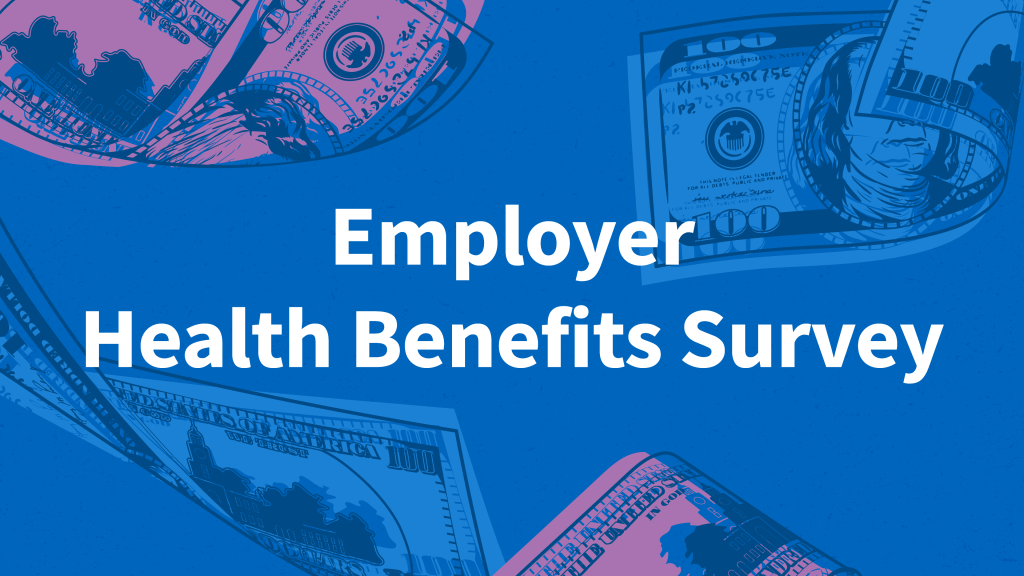2016 Employer Health Benefits Survey
This annual Employer Health Benefits Survey (EHBS) provides a detailed look at trends in employer-sponsored health coverage, including premiums, employee contributions, cost-sharing provisions, and other relevant information. The 2016 EHBS survey finds average family health premiums rose 3 percent in 2016, relatively modest growth by historical standards.
